Most of us know hydration is essential, but many underestimate its true impact. It’s often simplified to a rule of “drink eight glasses a day,” yet hydration goes far deeper than water intake. True hydration means nourishing cells with the right balance of water, minerals, and electrolytes, enabling every system in the body to function optimally.
When cells are properly hydrated, they thrive. Energy production is efficient, detoxification works smoothly, and tissues remain resilient. But when dehydration—even mild—sets in, the effects ripple across the body: fatigue, headaches, poor digestion, joint stiffness, dry skin, chapped lips, muscle cramps, and even brain fog.
This article explores hydration as more than just water—it’s about cellular nourishment, balance, and the practices that ensure long-term vitality.
The Role of Hydration in the Body
Water makes up about 60% of the human body and is involved in nearly every biological process. At a cellular level, hydration is about maintaining fluid balance inside and outside cells. This delicate equilibrium allows for:
-
Nutrient Transport: Delivering vitamins, minerals, and oxygen into cells.
-
Detoxification: Flushing waste products and toxins out of tissues.
-
Temperature Regulation: Cooling the body through sweating and circulation.
-
Joint Lubrication: Keeping cartilage and connective tissues supple.
-
Metabolic Efficiency: Supporting enzymes and chemical reactions that generate energy.
Even slight dehydration (as little as 2% loss of body fluids) can impair cognitive and physical performance. Chronic, low-grade dehydration contributes to accelerated aging and increased susceptibility to illness.
Beyond Water: The Missing Piece in Hydration
Drinking water alone doesn’t guarantee hydration. If minerals and electrolytes are lacking, water can pass through the body without adequately nourishing cells. In some cases, excessive plain water intake without mineral balance may even deplete or 'dilute' electrolytes.
The Role of Electrolytes
Electrolytes—sodium, potassium, magnesium, calcium, chloride, and phosphate—are minerals that carry electrical charges. They regulate nerve signals, muscle contractions, and fluid distribution between cells. Proper hydration depends on maintaining these minerals in balance.
-
Sodium and potassium regulate fluid exchange across cell membranes.
-
Magnesium supports muscle relaxation and energy production.
-
Calcium aids in signaling between nerves and muscles.
Structured Water in Foods
Hydration also comes from water-rich foods. Fruits and vegetables contain “structured water,” which is bound with nutrients, fiber, and natural electrolytes. This form of water is absorbed more efficiently and provides additional nourishment compared to plain water.
Examples include cucumbers, watermelon, oranges, and leafy greens.
Signs of Dehydration
Hydration needs vary from person to person, but some common signs of inadequate hydration include:
-
Constant fatigue or low energy
-
Dry skin, lips, or eyes
-
Dark urine or infrequent urination
-
Muscle cramps or stiffness
-
Headaches or dizziness
-
Difficulty focusing or brain fog
-
Sugar or salt cravings (a signal for electrolyte imbalance)
Listening to these cues helps prevent chronic dehydration from taking hold.
Natural Strategies for Deep Hydration
1. Prioritize Mineral Balance
Instead of relying solely on water, ensure mineral intake supports hydration. This can come from:
-
Adding a pinch of unrefined sea salt to your water.
-
Eating mineral-rich foods like leafy greens, nuts, seeds, and seaweed.
-
Using natural electrolyte-rich herbs, like sea moss to replenish nutrients.
2. Eat Hydrating Foods
Aim for meals rich in high-water-content produce. Smoothies, salads, and fresh fruits provide hydration and nutrients simultaneously.
3. Time Your Hydration
Drinking large amounts of water with meals can dilute stomach acid, impairing digestion. Instead, hydrate between meals and sip slowly throughout the day.
4. Support Cellular Uptake
Nutrients like magnesium, potassium, and other trace minerals improve the body’s ability to absorb and utilize water effectively.
5. Avoid Dehydrating Habits
Excess caffeine, alcohol, and processed foods can deplete hydration by pulling water and minerals from cells. Moderating these supports balance.
6. Practice Morning Hydration
Start the day with a glass of spring water or a warm herbal infusion. Overnight, the body loses fluids through breathing and sweating, making morning hydration especially important.
The Science of Cellular Hydration
Recent research highlights that hydration isn’t just about water—it’s about how water interacts with proteins, membranes, and cellular structures.
A study in The Journal of Physiology (2021) found that sodium and potassium gradients are crucial for maintaining cell volume and preventing dysfunction. Another study in Nutrients (2022) emphasized the role of fruits and vegetables in improving hydration status due to their electrolyte and antioxidant content.
At a deeper level, water also plays a role in electrical conductivity. Proper hydration supports the body’s bioelectric network, which influences everything from heart rhythms to brain signaling.
Hydration in the Context of Holistic Health
From a holistic perspective, hydration isn’t only physical—it affects emotional and mental well-being. Dehydration often masquerades as stress, irritability, or low mood. Proper hydration can lift energy, improve focus, and stabilize emotions.
Hydration also synergizes with other wellness practices:
-
Nutrition: Minerals from food enhance hydration.
-
Sleep: Adequate rest allows cells to repair and retain fluids more effectively.
-
Movement: Exercise increases hydration needs but also improves circulation, ensuring fluids reach tissues.
Dr. Sebi’s Perspective on Hydration
Dr. Sebi emphasized the importance of natural spring water or authentic alkaline hydration sources. He often pointed to herbal teas, fruits, and vegetables as superior sources of cellular nourishment compared to processed drinks or chemically treated water.
His focus on alkaline, plant-based foods aligns with the idea that true hydration is mineral-rich. For example:
-
Coconut water provides natural electrolytes.
-
Cucumbers and melons supply structured water.
-
Herbal infusions deliver hydration with medicinal properties.
By combining hydration with nutrient density, his philosophy supports not just water intake but holistic cellular nourishment.
Common Hydration Myths
-
“Eight glasses a day is enough for everyone.” Hydration needs vary based on climate, activity, and diet. There’s no universal formula, but Dr. Sebi recommended at least a gallon of spring water a day.
-
“Thirst is the only signal.” Thirst often lags behind actual dehydration. Energy levels, urine color, and cravings are also signals.
-
“Coffee doesn’t count.” While caffeine is mildly diuretic, moderate coffee or tea consumption can still contribute to dehydration.
-
“Sports drinks are necessary.” Most commercial sports drinks are loaded with sugar and artificial ingredients. Natural electrolyte sources work better without drawbacks.
Frequently Asked Questions
How do I know if I’m truly hydrated?
Urine that is light yellow, steady energy, and clear focus are good indicators.
Can I drink too much water?
Yes—overhydration without electrolytes can lead to hyponatremia (dangerously low sodium levels). Balance is key.
Are electrolyte supplements necessary?
For most people, mineral-rich foods and herbal teas are sufficient. Supplements may be helpful during heavy exercise, heat exposure, or illness.
Conclusion
Hydration is more than a checklist of daily water intake—it’s the art of nourishing cells with water, minerals, and nutrients that allow the body to thrive. By focusing on balance, choosing mineral-rich foods, and supporting absorption, we can move beyond surface hydration into deep, cellular vitality.
True hydration supports every aspect of health: energy, immunity, digestion, and emotional well-being. It is the foundation upon which healing and resilience are built.
By adopting a holistic approach—valuing mineral balance, structured water in foods, and mindful hydration rituals—we transform water from a passive beverage into an active partner in wellness. Nourishing cells with intention unlocks the body’s full potential and sustains vibrant health.
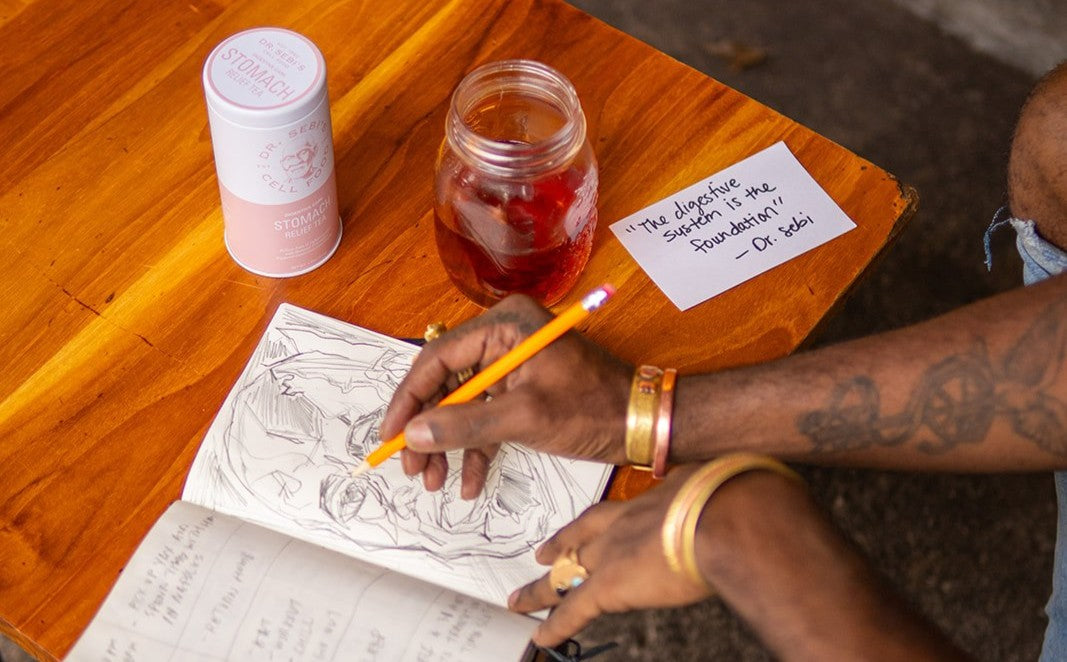

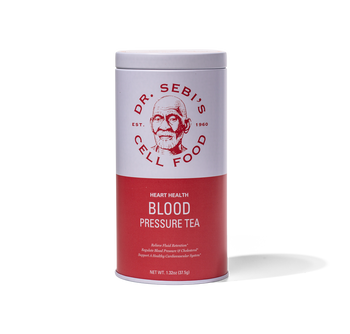
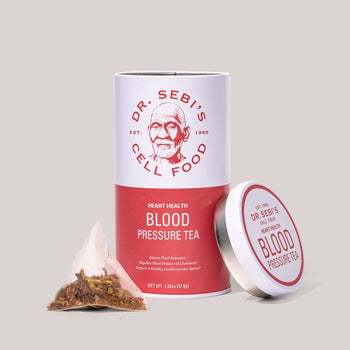
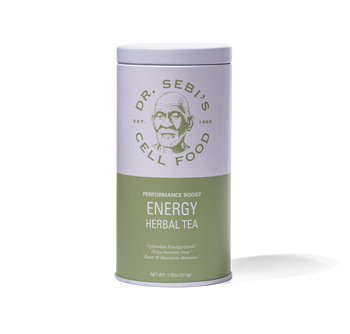
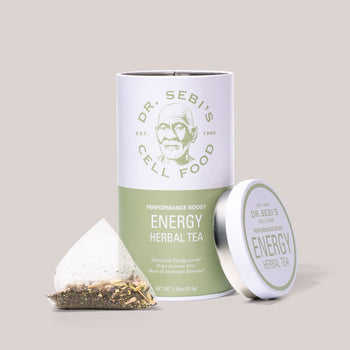
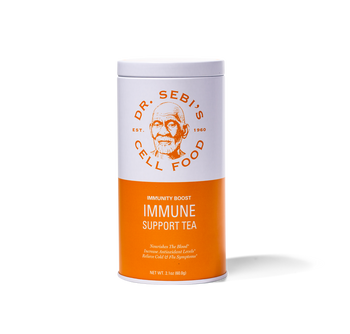
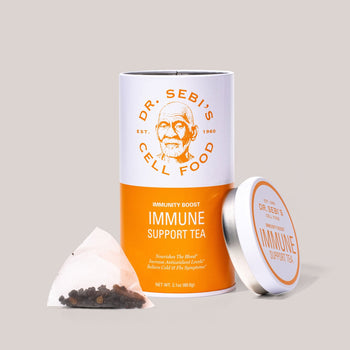
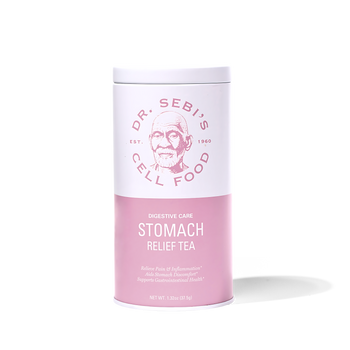
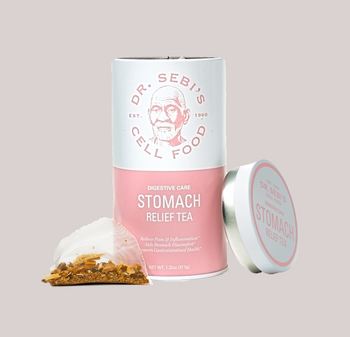
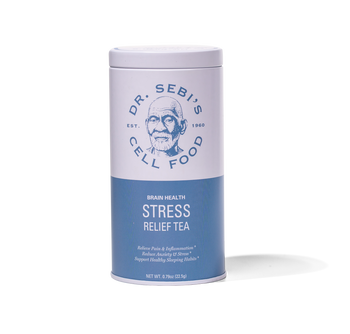

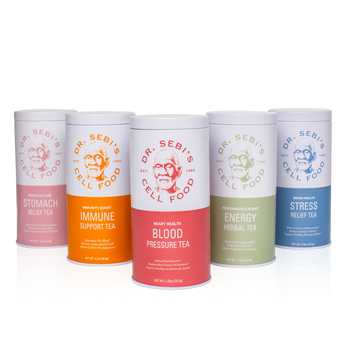 Liquid error (snippets/card-product line 54): invalid url input
Liquid error (snippets/card-product line 54): invalid url input
















































